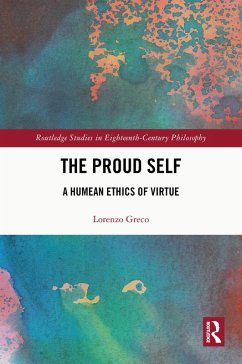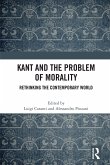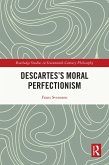The book starts by developing an understanding of the self in Hume based on the passion of pride. Contrary to the common view that Hume denies the unity of the self by diluting it into a bundle or collection of different perceptions, the author argues that, by focusing on pride, it is possible to identify in Hume a firm notion of the self as having a sentimental nature that can be explained in narrative terms. Pivoting on this narrative self, he shows how it accounts for the Humean notion of the virtuous person by holding together in a harmonious whole several central issues in Hume's moral philosophy, including sympathy, the point of view from which we make moral judgements, the practical nature of ethics and the role that reflection plays in it, and the definition of perfect character. Finally, the author maintains that Humean virtue ethics, so understood, has the individual at its core, representing a secular and pluralist alternative to neo-Aristotelian versions discussed today. The Proud Self will appeal to scholars and graduate students working on Hume, 18th-century philosophy, virtue ethics, and moral psychology.
Dieser Download kann aus rechtlichen Gründen nur mit Rechnungsadresse in A, B, BG, CY, CZ, D, DK, EW, E, FIN, F, GR, HR, H, IRL, I, LT, L, LR, M, NL, PL, P, R, S, SLO, SK ausgeliefert werden.
Dan O'Brien, Oxford Brookes University, UK









